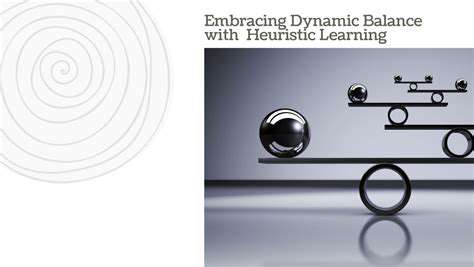Tiếp cận với Phương pháp Động và Cá Nhân

Tiếp cận với Phương pháp Động
Một phương pháp động cho sự phát triển cá nhân Tạo dựng một mạng lưới hỗ trợ là điều cần thiết để vượt qua những khó khăn khi sống chung với bệnh mãn tính. Điều này bao gồm việc xác định những người có thể cung cấp sự động viên
Xây dựng mạng lưới hỗ trợ và cộng đồng
Xây dựng hệ thống hỗ trợ của bạn
Disclaimer: All articles on this site are original, please do not reprint